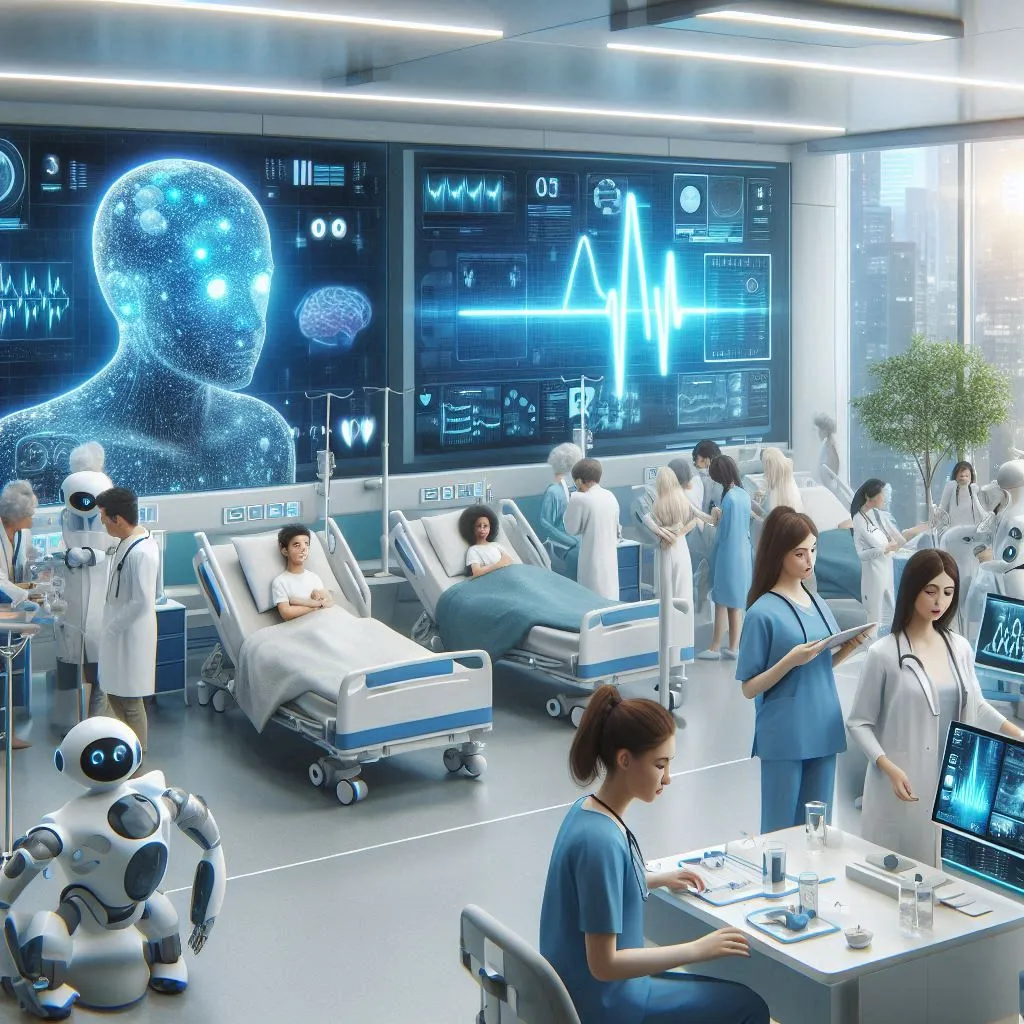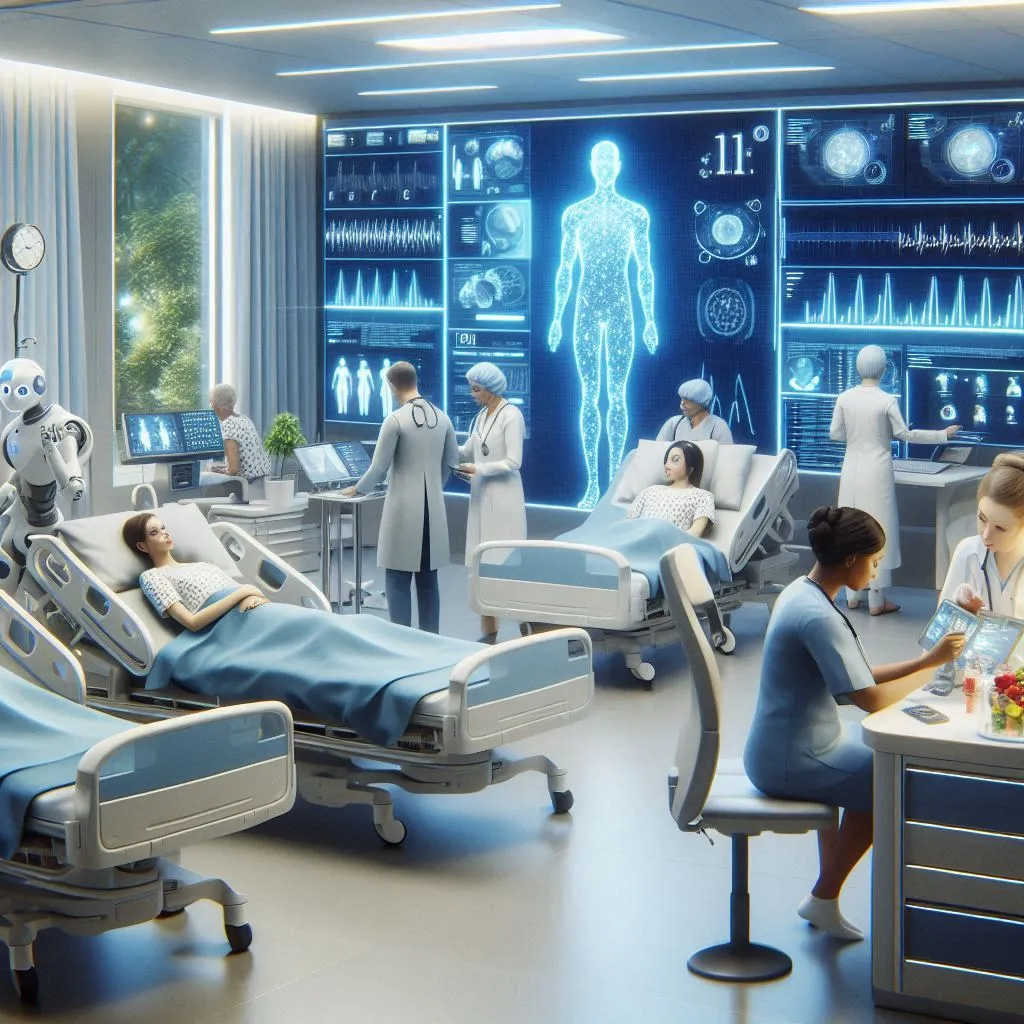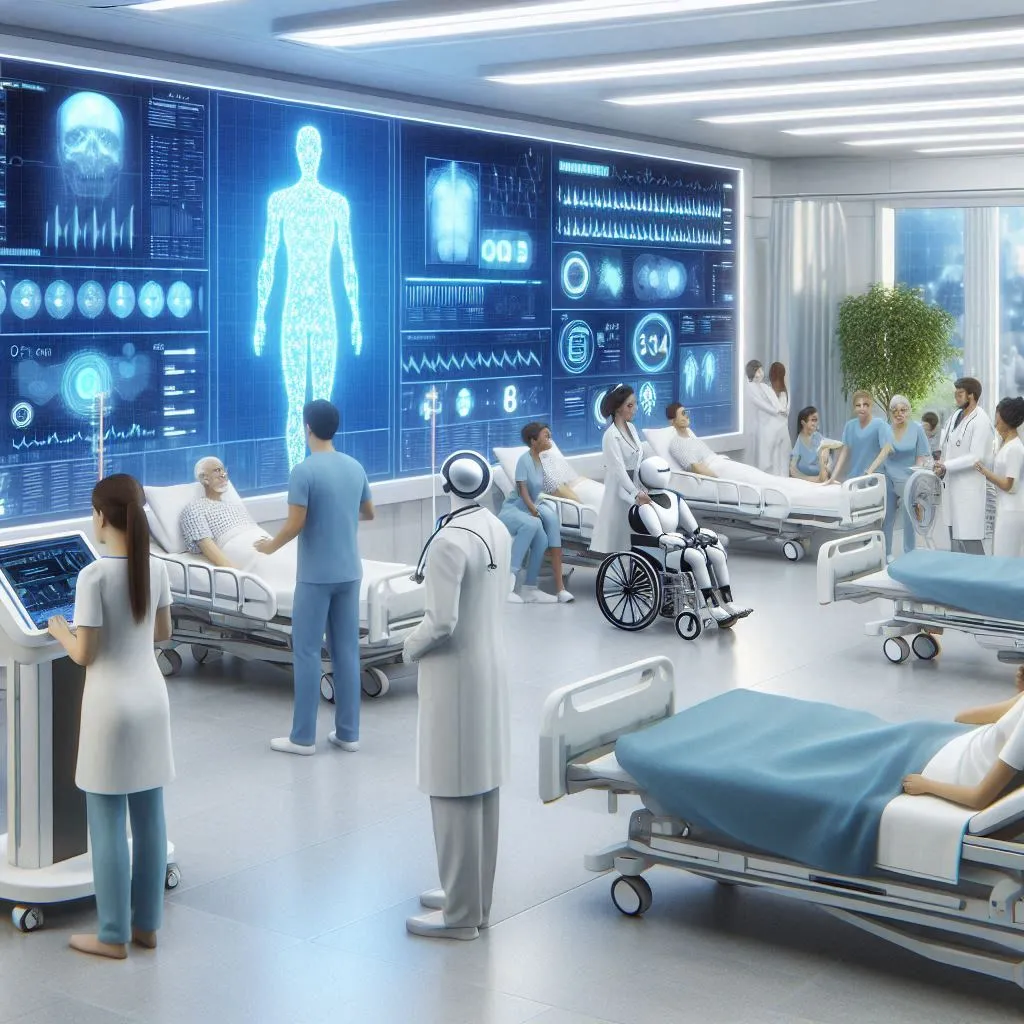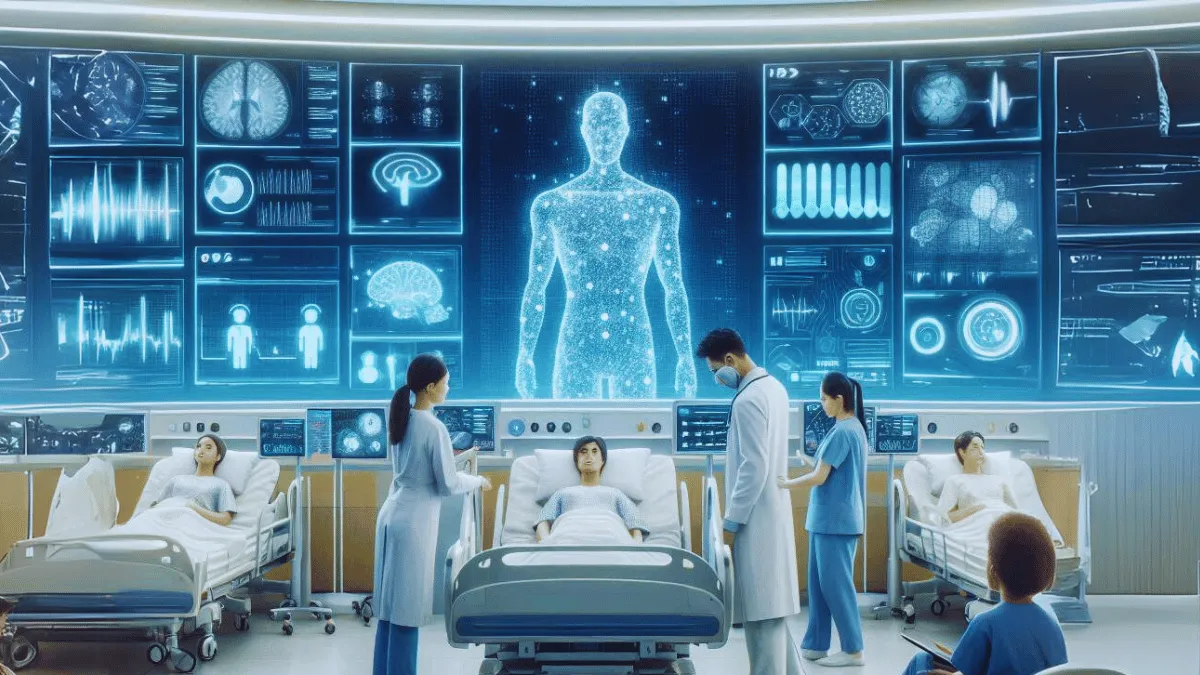Artificial intelligence (AI) has become a transformative force across countless industries, and healthcare is no exception. While it might seem like a recent innovation, the use of AI in medicine has a surprisingly long history, dating back to the early days of AI research itself. Let’s delve into this fascinating journey, exploring the key milestones and advancements that have shaped the current landscape of AI-driven healthcare.
The Early Seeds (1950s-1970s): Setting the Stage

The concept of AI first emerged in the 1950s, and by the 1970s, researchers began exploring its potential applications in medicine. One of the earliest examples was MYCIN, an AI program developed in the 1970s to aid doctors in diagnosing and recommending treatments for bacterial infections. While MYCIN wasn’t perfect, it laid the groundwork for future AI systems designed to support clinical decision-making.
This era also saw the development of other early AI systems like INTERNIST-1 and CASNET, which aimed to replicate human reasoning in medical diagnosis. However, limitations in computing power and the complexity of medical knowledge hindered widespread adoption.
Limited Progress and Hopeful Advancements (1980s-1990s)
The 1980s and 1990s witnessed continued research in AI for healthcare. Advancements in microcomputers and networking offered new possibilities, but a lack of robust data and processing power hampered significant breakthroughs. Despite these limitations, the development of expert systems continued, focusing on automating specific tasks like analyzing medical images or generating reports.
The Dawn of a New Era: The 2000s and Beyond

The early 2000s ushered in a new age of AI, marked by the rise of deep learning. This powerful technique, inspired by the structure and function of the human brain, allows AI systems to learn and improve from vast amounts of data. This shift in capabilities opened the door for a new wave of AI applications in healthcare.
Here’s a glimpse into some of the groundbreaking advancements made possible by deep learning:
- Enhanced Diagnostics: AI systems can now analyze medical images like X-rays, CT scans, and mammograms with exceptional accuracy, aiding in early disease detection and personalized treatment plans.
- Drug Discovery and Development: AI can analyze vast datasets to identify potential drug targets, accelerate clinical trials, and personalize drug therapies.
- Robotic-Assisted Surgery: AI-powered robotic systems are transforming surgery by offering greater precision, minimal invasiveness, and improved patient outcomes.
- Virtual Assistants and Chatbots: AI-powered virtual assistants and chatbots are providing patients with 24/7 access to information, appointment scheduling, and basic health screenings.
The Road Ahead: Challenges and Opportunities

While AI in healthcare holds immense promise, there are still challenges to address:
- Data Privacy and Security: Protecting sensitive patient data is paramount. Robust security measures and clear ethical guidelines are crucial.
- Algorithmic Bias: AI systems trained on biased data can perpetuate inequalities in healthcare. Addressing bias in data collection and algorithm design is essential.
- Human-AI Collaboration: AI is not a replacement for human expertise. The future lies in seamless collaboration between AI and healthcare professionals.
Despite these challenges, the future of AI in healthcare is brimming with possibilities. From AI-powered wearables that monitor health vitals to AI-driven mental health chatbots offering support, the potential to improve patient care, streamline workflows, and personalize healthcare experiences is vast.
As we move forward, continued research, responsible development, and a focus on ethical considerations will ensure that AI becomes a powerful tool for advancing healthcare and improving the lives of patients worldwide.

